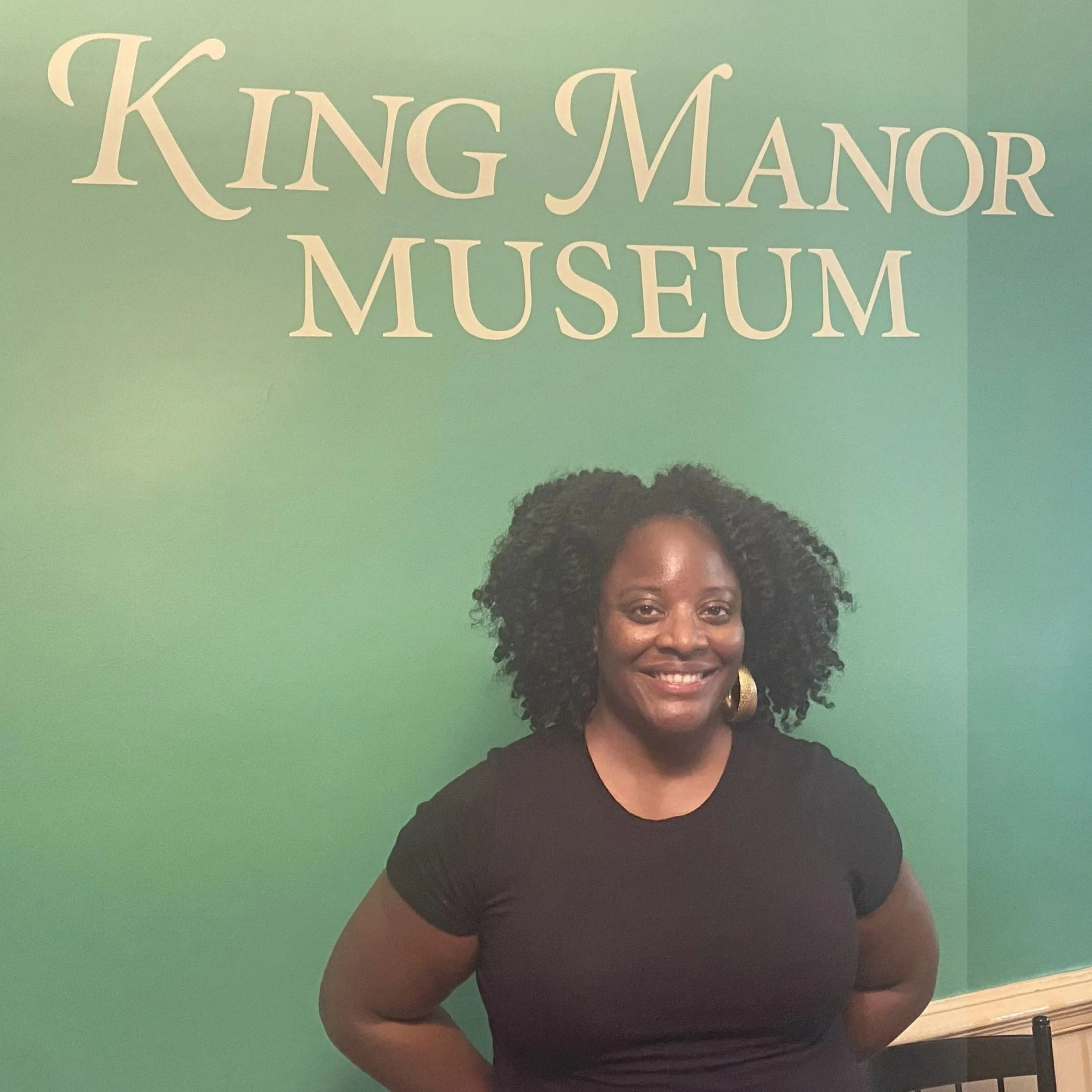our Community Storytelling Project steps off the page
What began as a conceptual strategy, something shaped in meetings, notebooks, and conversations, has become a shared, mouldable idea. And now, it’s moving into full swing: a living, breathing programme embedded in communities, fuelled by creativity, and grounded in lived experience.
At its heart is a question we are carrying into streets, gardens, and archives on both sides of the Atlantic:
What new stories, histories, and folklore do we need for a better relationship with the sun in the era of climate breakdown?
Our growing communities team of partner organisations and Storytellers in Residence are tasked with working alongside the urban communities most impacted by urban heat, and explore how we tell these stories in creative, dynamic, hopeful, and helpful ways that improve these communities’ relationships with the sun.
For me, one of the most exciting parts of this work is the community-led, experimental approach, putting grassroots engagement at the very centre of an academic research project. This is not just about telling stories; it’s about exchanging knowledge. Our storytellers will become better urban heat researchers, and our academic team will become better storytellers. The learning flows both ways.
What’s Happening This Summer?
Our three Storytellers in Residence, two in London, one in New York, are beginning their journeys alongside their local host organisations, their local history hubs, and the neighbourhoods they serve.
During our induction course I asked our appointed storytellers what excites them, and the answers reflected their diverse creative instincts:
Adam approaches with play and curiosity, seeking visual and performative ways to co-create stories that welcome more people into this conversation.
Roxanne is curious about how ethnographic listening might draw out unexpected tales, asking: “What questions do we need to really get people talking about the sun?”
Meet the Storytellers:
Bhana Rao is an interdisciplinary artist with a background in architecture and fine art. Through performance, text and drawing, she explores how bodies and language shape both lived and imagined spaces. Her work is deeply informed by Buddhist thought and embodied ways of knowing.
As a Storyteller in Residence at Somers Town Community Association, she hopes to deepen her practice and investigate the intersections of memory, place, and imagination. She is interested in how we mentally and physically experience place, how our environments contour us, and how these experiences can be shared with others.
Adam Njenga is a storyteller, Forest School leader, NLP practitioner, and coach. Play, connection, and collaboration are central to his creative work. Having grown up in Somers Town, Adam is returning to re-engage with his local community, co-creating stories about urban heat and traditional ways of adapting to it.
This summer, he’s based at A Space for Us, our Somers Town history hub, drawing inspiration from oral historian Jon Winder’s techniques, collecting words, memories, and reflections on heat from local residents. He will use this material alongside other research and resources to work with his host organisation Scene & Heard and co-produce new stories with their young playwrites. I’m anticipating the hard-hitting hilarity that gets to the real root of the problem, the kind only children, with the right leadership, can deliver.
Across the Atlantic, in New York City, our partner King Manor Museum has welcomed their storyteller Roxanne Scott.
Roxanne is a journalist and audio producer from Queens who covers health, climate, and the environment. Her work has appeared in New York Amsterdam News, City Limits, and Scientific American. As a storyteller-in-residence at King Manor Museum Roxanne is delving into archives, field notes, and social histories to uncover how Southeast Queens residents find joy in staying cool.
Looking Forward
This summer, you might meet one of our storytellers by chance: in a community garden, on a blazing hot street corner, or while leafing through a local archive. These chance encounters, as much as planned workshops or events, will shape the work.
This summer alongside their community engagement our storytellers will be exploring local histories of heat and ethnographic research, supported by our reseach-story labs with the academic team and by our local history hubs: A Space for Us in Somers Town, London, and Queens Memory in Jamaica, New York.
The stories that emerge will be rooted in history, place, and community voice—stories that help us understand heat not just as a problem, but as a shared human experience to be navigated, adapted to, and maybe even celebrated.
Next summer, the stories will be shared back in creative, community-gathering ways. And in 2027, they’ll form part of exhibitions at A Space for Us in London and Queens Memory in New York, sitting alongside other Melting Metropolis research to tell a richer, more human and geographically diverse story of urban heat.
Artwork credit: Elly Bazigos



